The content of the article
When you have a baby, many questions arise. And one of them - whether you need to feed the baby with water. In the hospital, you may be told that this is necessary, but the pediatrician will have a different opinion. To believe, and whether to feed the baby, let's understand together in this matter.
Is it necessary to give water to infants
Dehydration is the cause that leads to poor health and health problems. It is especially relevant in the warm season, when the body is doubly affected by lack of moisture.
But many mothers are afraid that the baby will stop taking the breast, and refer to the fact that there is enough water in the mother's milk to save the baby from thirst. And these concerns are justified. Sucking a bottle nipple is much easier than breastfeeding. It does not require effort, and some water flows by itself.And in order to get the mother's milk, you need to try. Moreover, when the baby's stomach is already full, he will not want to drink anymore.
But the question is not to not drink water at all, but how much and how to give it. Also, water from the stomach into the intestine gets in a few minutes, and the baby very soon gets hungry and starts asking for food.
Be sure to water a little bit of babies who are on artificial feeding. Constipation often occurs from an artificial mixture, and this measure is necessary to avoid problems with the stool.
How much water does the baby need
If the baby was born in the summer, he can be given water after 1 month, and to those who were born in the fall or winter - from 4 months. First, its amount should be minimal, about 1 tsp. When you do not notice any unpleasant symptoms, you can increase the dose.
On the day a child needs 100 ml of liquid for every kilogram of weight. This volume must be considered together with breast milk. Therefore, if your baby weighs 6 kg and drinks more than 600 ml of milk, it is not necessary to feed it.
If you are not going to feed the baby, you should provide him with conditions that will not lead to dehydration. First of all it is humid air.Both in summer and in winter we suffer from dryness in the apartment. Its appearance is affected by hot batteries or a prolonged lack of rain. The problem will be solved if you get a humidifier.
What kind of water to give baby
In the event that the doctor gave the go-ahead to supplement the infant, it is worth taking care of the quality of the drink. Boiled tap water or from a regular filter will not work. The ideal drink for infants is a special baby water, sold in bottles in pharmacies and stores, on the labels of which there is a mark from what age it can be given. It can not boil, but only to warm and give the baby. Such water contains beneficial trace elements and will certainly benefit.
Also in the shops you can find special filters for water purification, so that it becomes suitable for infants. For economical moms this will be a real boon. The fact is that open bottled water can be stored no more than a day, and then buy a new one. Water from under a special filter will significantly save the family budget.
Some mothers begin to give juices or children's teas, but this is not recommended.It is better and more useful to drink some dill water from it, which not only quenches thirst, but also relieves from the stomach gasics that infants suffer. You can prepare it yourself, or you can buy it in a pharmacy.
As for the temperature, then for a breastfed baby, it should be 36-37 degrees, and those who feed on an artificial mixture - 28-30.
How to water the baby
It is best to start giving some water with a teaspoon. You can buy a product from silver, it will have an antibacterial effect. Spoon will allow to accustom the baby to the first lure without problems, since he will already be familiar with this subject.
You need to give some water after 20-30 minutes, as the baby eats and no later than 50-60 minutes before the next feeding, otherwise he will refuse milk. The only exception is fever or other diseases of the baby. In this case, the pediatrician may recommend drinking water more often.
Start with half a teaspoon, once a week increasing the dose by 1.5-2 times. By the time it is time for the baby to be given complementary foods, he will drink enough water.
What to do if the baby does not drink water
If the baby does not want to drink water and at the same time feels great, does not suffer from constipation and does not look dehydrated, do not rush to offer him water. But there are cases when additional drinking becomes a necessity, for example, for medical reasons, and your baby every time she spits it out.
In this case, the pediatricians' advice will help:
- Start feeding your baby with a small dose of water, give him just enough so that he only feels her taste and gradually got used to it;
- Do not force the child to drink, it will discourage the desire not only from water, but also from lure;
- Do not sweeten drink, such water does not quench thirst;
- Buy a baby a bright spoon or a cup of tea, first let them play and then pour some water into it;
- Be patient, no kid can immediately get used to a new type of drinking or eating;
- Offer some water often, but do not force it; gradually, the child will begin to be interested in drinking or a bottle;
- Turn drinking into a game, then it will be much easier for the baby to start swallowing water;
- Try to water the baby with a pipette, because it will get a drop of water in his mouth, and it will not cause a negative.
Starting to give some water to the baby, be guided by his mood.If he does not want to drink it, then wait a couple of days and offer again. And do not forget that the water should be well cleaned and designed for babies from 0 months.
Video: Do you need something to feed the baby besides breast milk?

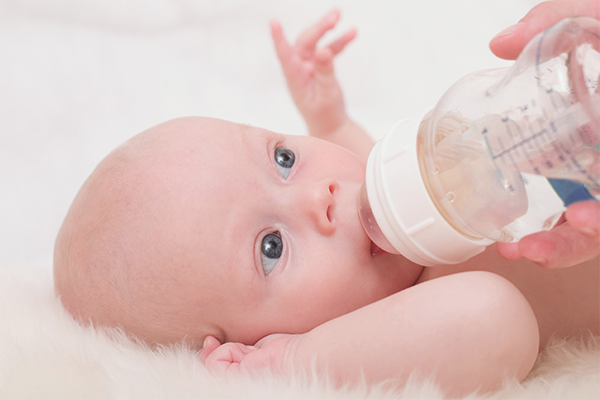
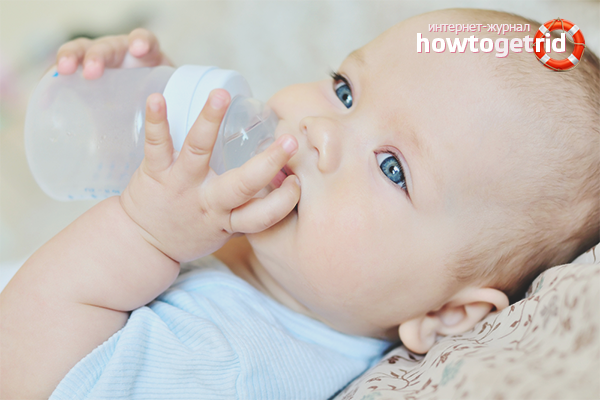
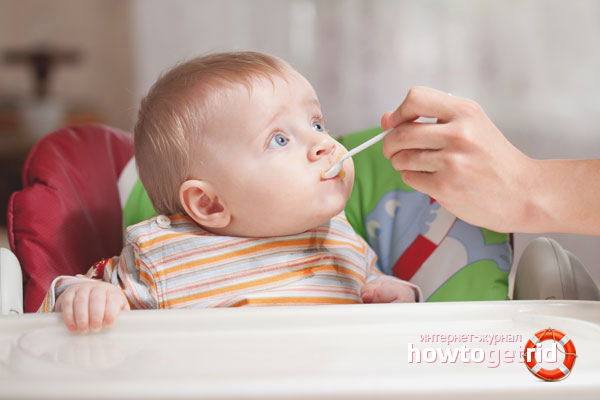
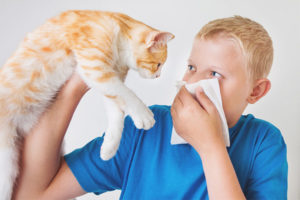


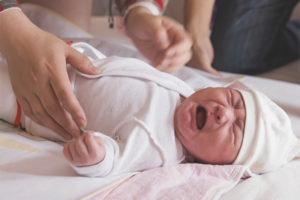
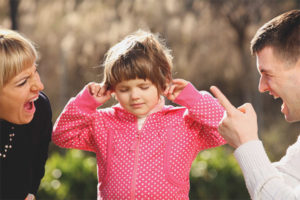

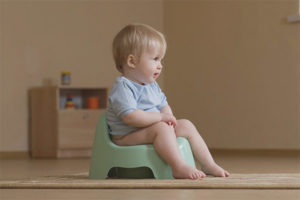
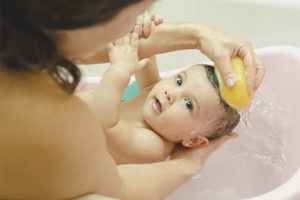
To send